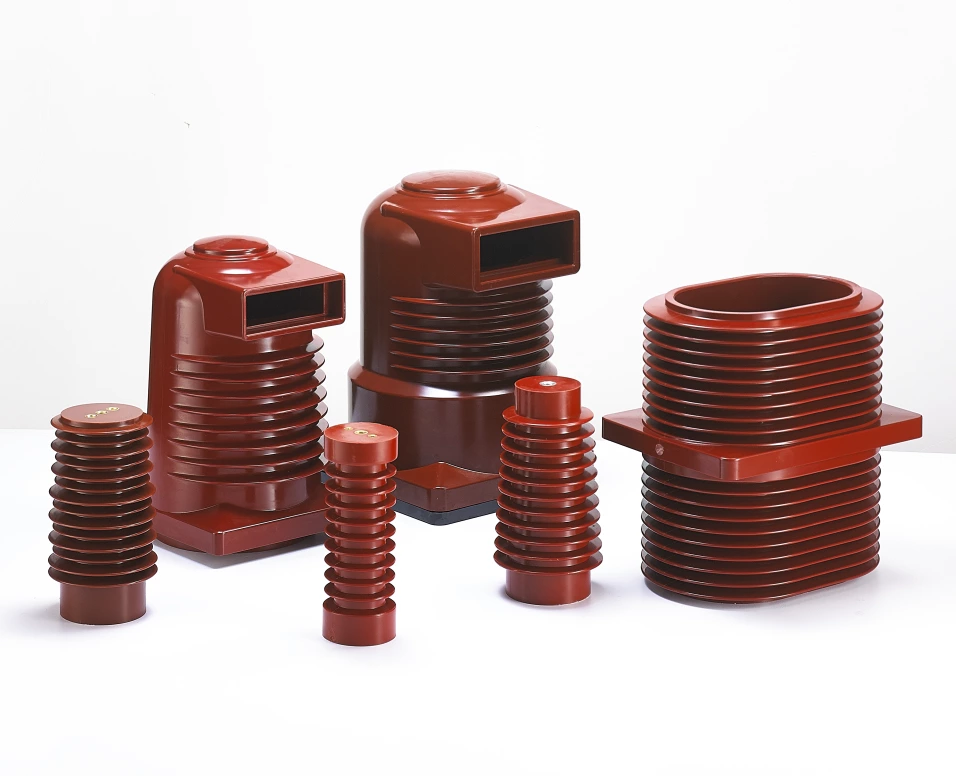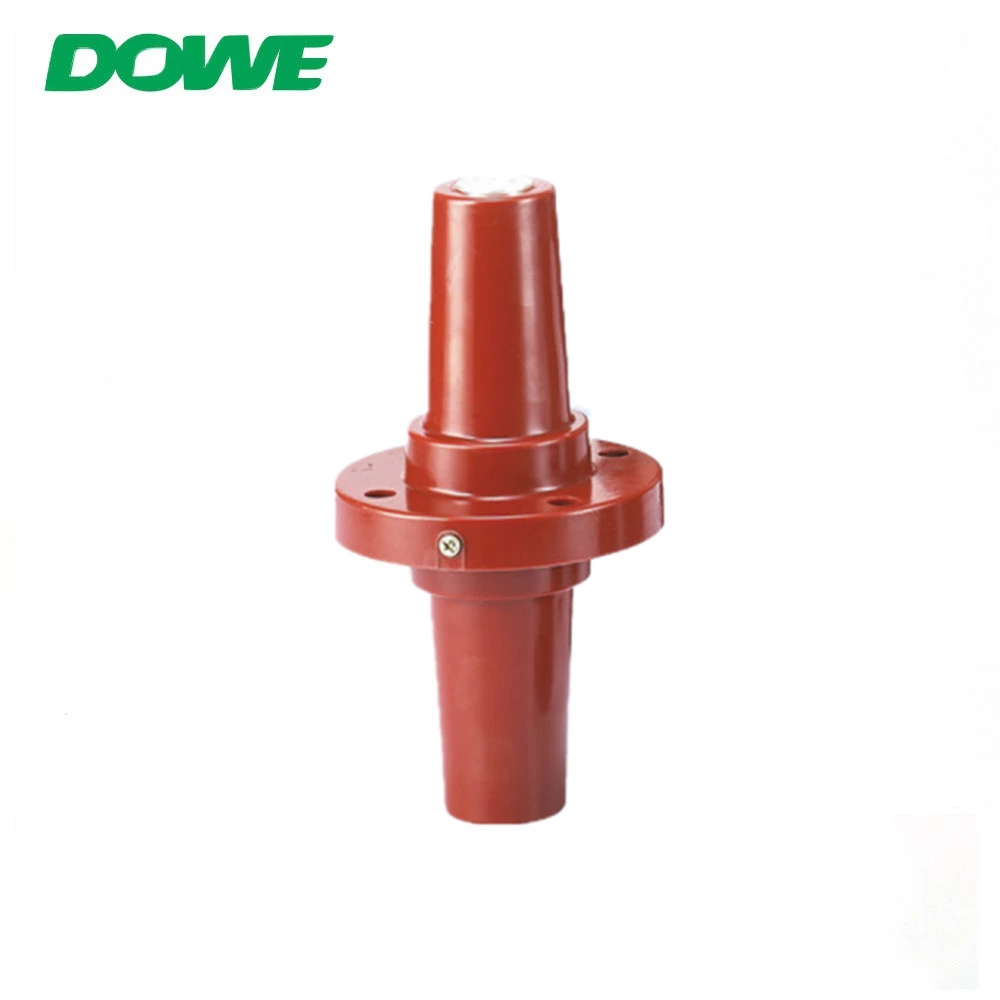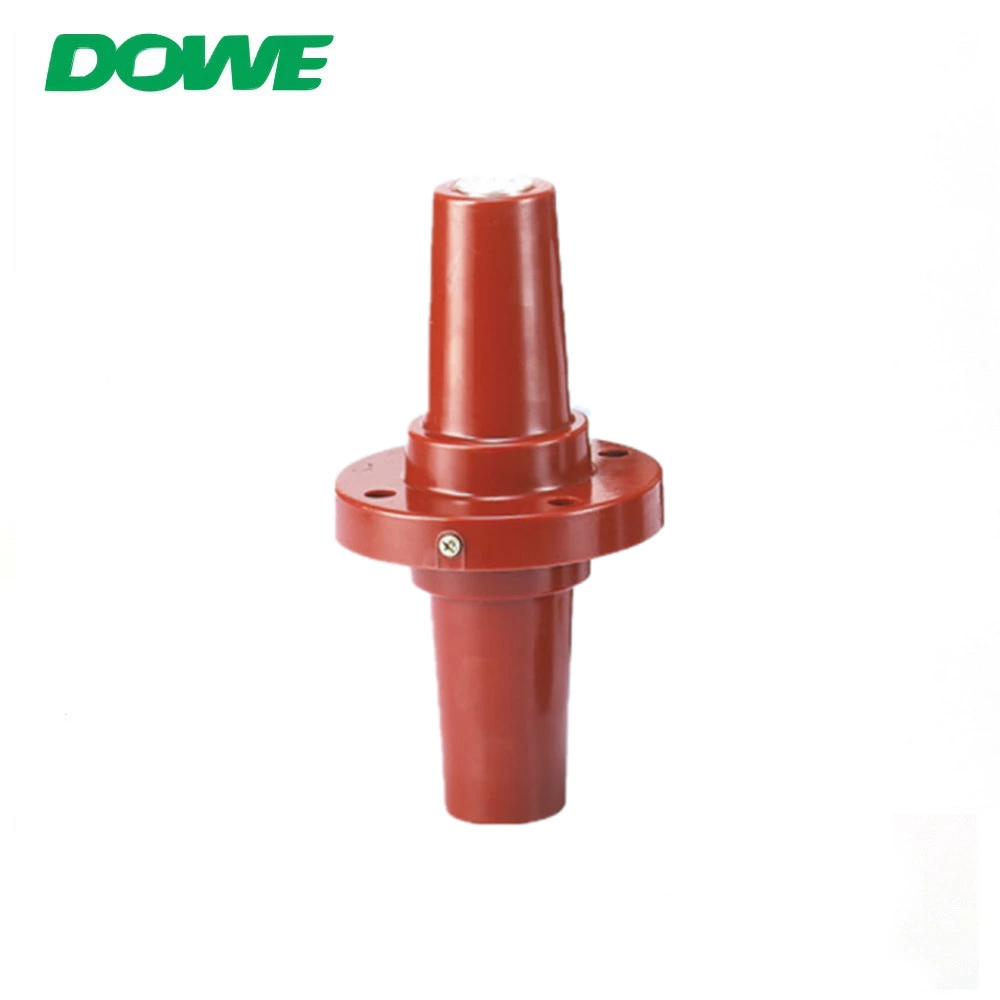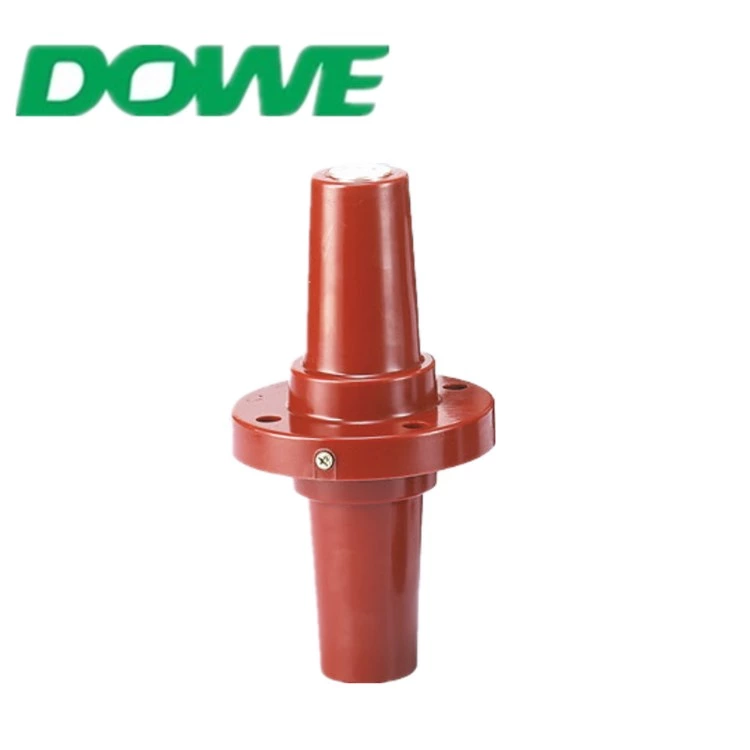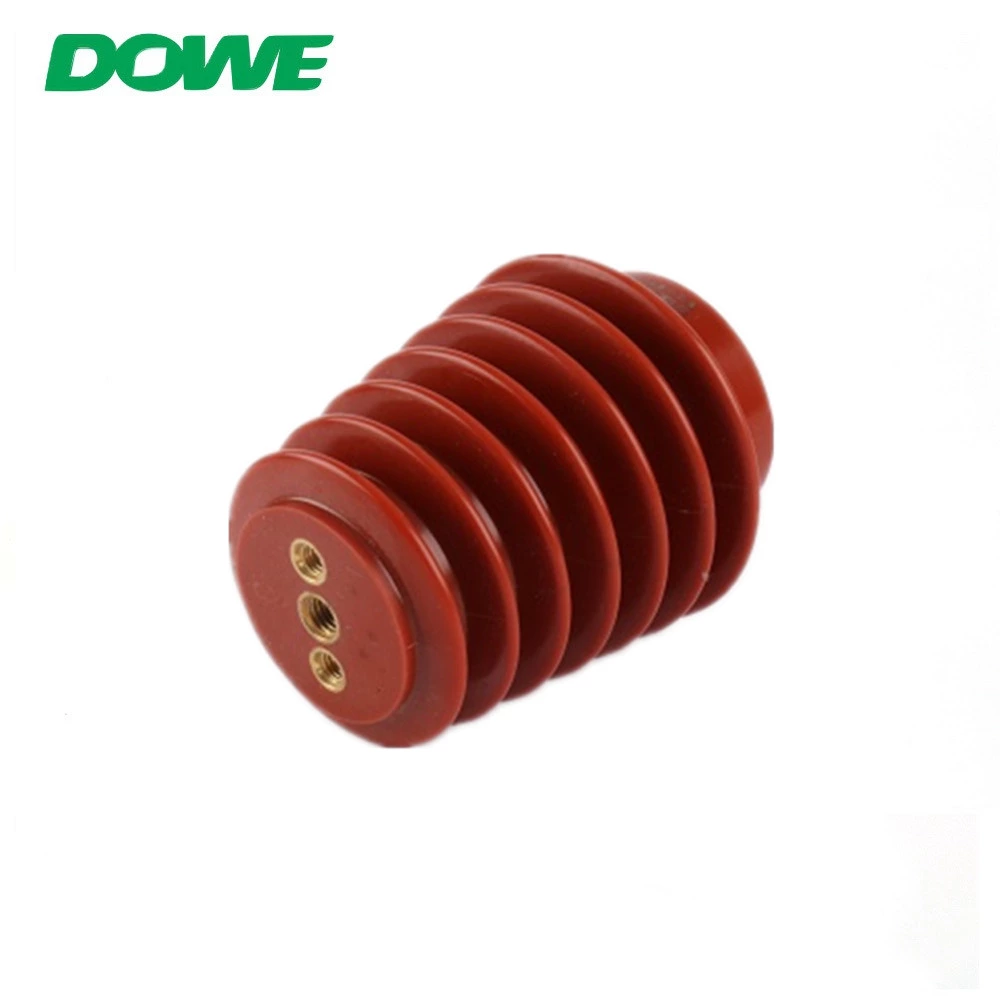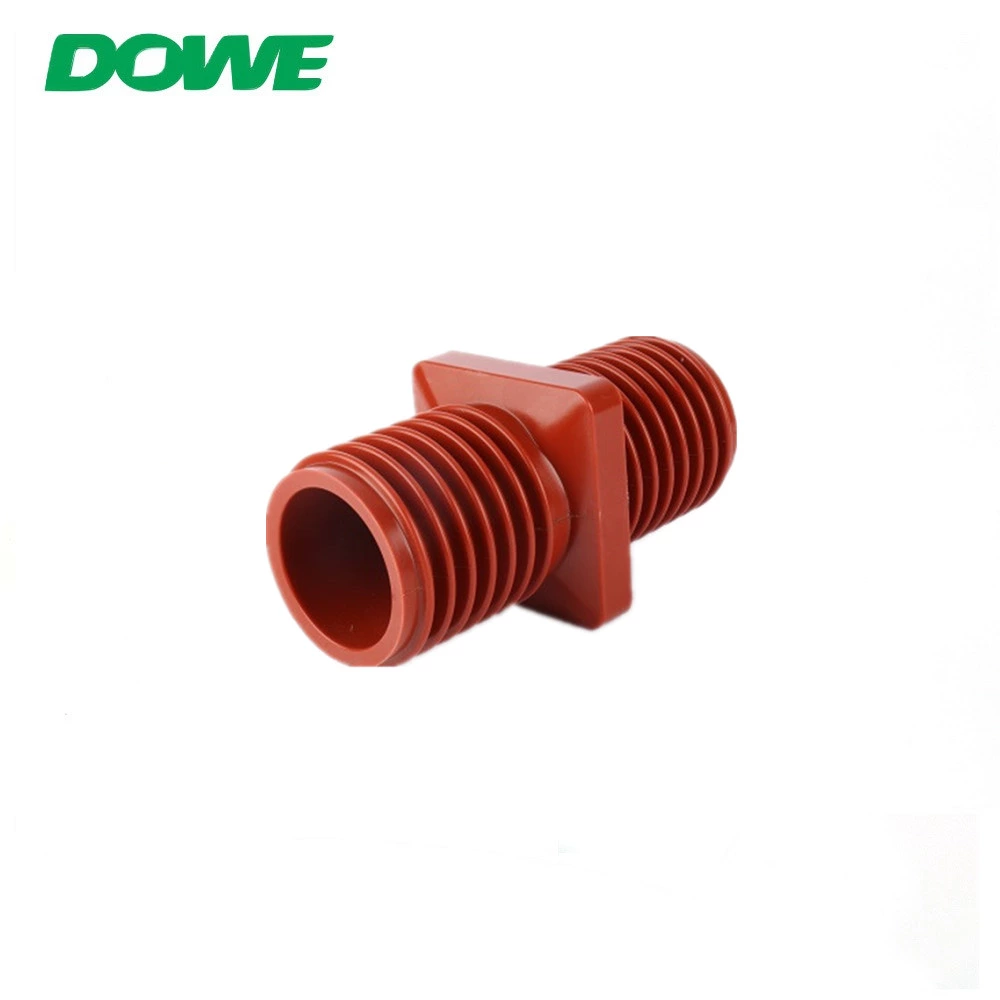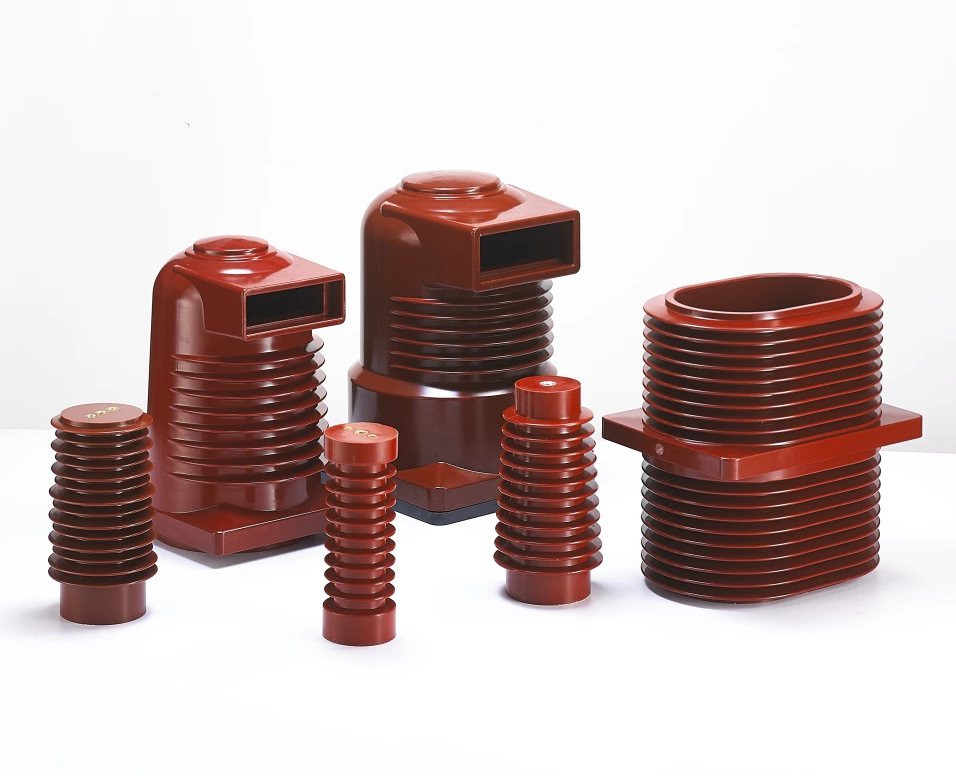Safety First - Dispelling Concerns about Toxicity in Heat Shrink Tubing
Heat-shrinkable tubes are commonly used as protective materials for electronic components, as well as for insulation and bundling of electronic wiring harnesses. Heat-shrinkable tubes are often found in household appliances around us. We often work with heat shrink tubes at work. As an industrial product, workers or users will inevitably have questions about whether heat shrink tubes are toxic. As a heat shrink tube manufacturer, it is necessary to answer this question for everyone.
First of all, let me tell you the conclusion: heat shrink tubing is non-toxic. The heat shrinkable tube uses environmentally friendly PE material as the main raw material, and the environmental protection standards can comply with more stringent testing standards such as ROHS and REACH. These two environmental tests have explicitly prohibited more than 200 harmful substances. The test results for the four major halogens, fluorine (F), chlorine (Cl), bromine (Br), and iodine (I), were ND and not detected. The test results for polycyclic aromatic hydrocarbons (PAHs) and phthalates were also not detected. Check out. The REACH test included 197 banned substances, and none of them were detected in environmentally friendly heat shrinkable tubes. This is all related to the use of H-type environmentally friendly materials in heat shrink tubes.

Heat shrinkable tubes are widely used in many household appliances, such as washing machines, refrigerators, rice cookers, and televisions. They are usually used for insulation of wiring harnesses and terminal blocks, and generally need to be opened to see them. The environmental standards for household appliances like this are very strict, and many test reports are required when purchasing heat shrink tubing. Household appliances are products that come into contact with people for a long time. After years of verification, there is no claim that heat shrink tubing causes safety accidents. Heat shrink tubing used in household appliances cannot produce harmful gases and smoke when burned. Heat shrink tubing can meet stringent requirements such as household appliances, which also proves that heat shrink tubing is not toxic.

There are also many users who want to use heat shrinkable tubes on tableware, such as kitchen knife handles, spoon handles and spatula handles. It should be noted here that the heat shrink tube cannot be in direct contact with food. Although the heat shrink tube is non-toxic, it cannot reach food grade. If you need to be in contact with food for a long time or there is a risk of contact, the editor here recommends food-grade silicone heat shrink tubing. Silicone heat shrink tubing can reach food grade.

When purchasing heat shrink tubing, it needs to be clearly pointed out that only environmentally friendly heat shrink tubing can meet the two standards of ROHS and REACH. Heat shrink tubing is a light industrial material and is non-toxic, but it is not recommended for use in food contact related appliances. If it is used in the food field and medical device field, you need to communicate clearly with the heat shrink tube manufacturer to select food-grade and medical-grade heat shrink tubes and produce them separately.

